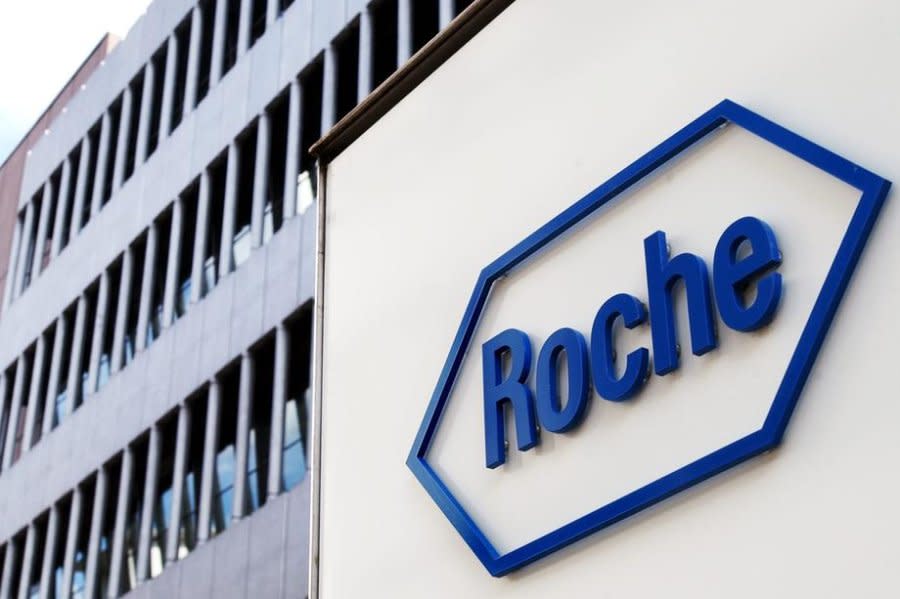Roche's experimental obesity drug shows promising early stage results

May 16 (UPI) -- Swiss drug company Roche on Thursday said its experimental obesity treatment helped people lose a significant amount of weight in an early stage trial.
Roche's weekly weight loss injection, called CT-388, is still years away from entering the market, but patients who received the injection in a Phase 1 trial reportedly lost about 18.8% of their weight after six months, relative to those who received a placebo.
The company's shares rose about 4% after the results went public, signaling investors are eager to get in on the booming weight loss treatment market.
Roche entered the playing field dominated by Wegovy manufacturer Novo Nordisk and Zepbound's Eli Lily when it acquired Carmot Therapeutics in December for $3 billion.
Similar to Zepbound, which received U.S. Food and Drug Administration approval last year, CT-388 mimics the effects of two gut hormones, GLP-1 and GIP, to suppress a person's appetite.
Zepbound has delivered up to 22% weight loss after 18 month of use. Patients who used Wegovy have lost up to 15% after 17 months.
Roche said it is developing CT0-388 to also treat type 2 diabetes. In a subgroup of trial patients with pre-diabetes, the drug was proven to normalize blood sugar in all patients, according to the company.
The company said it did not observe any new or unexpected side effects from CT-388, although some patients had mild to moderate gastrointestinal side effects, which is common for this class of weight loss drug.
Roche said it will have more data from another group of patients with obesity and type 2 diabetes in the second half of this year.

